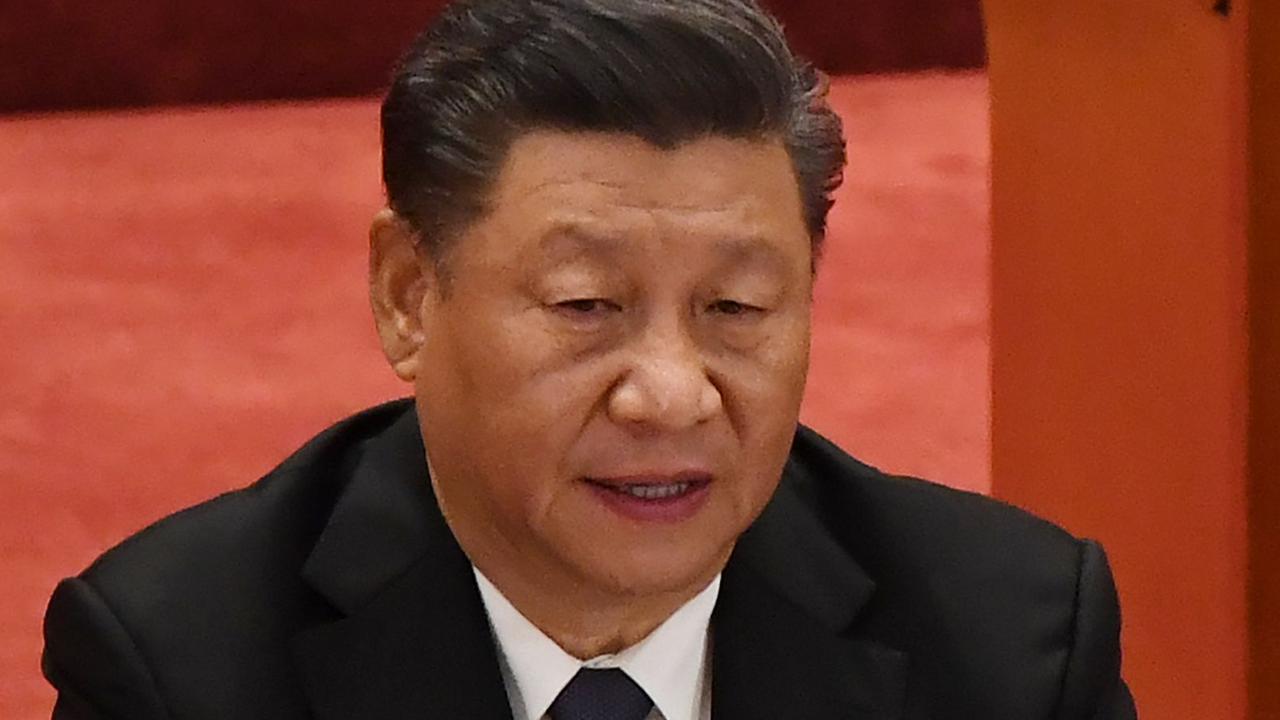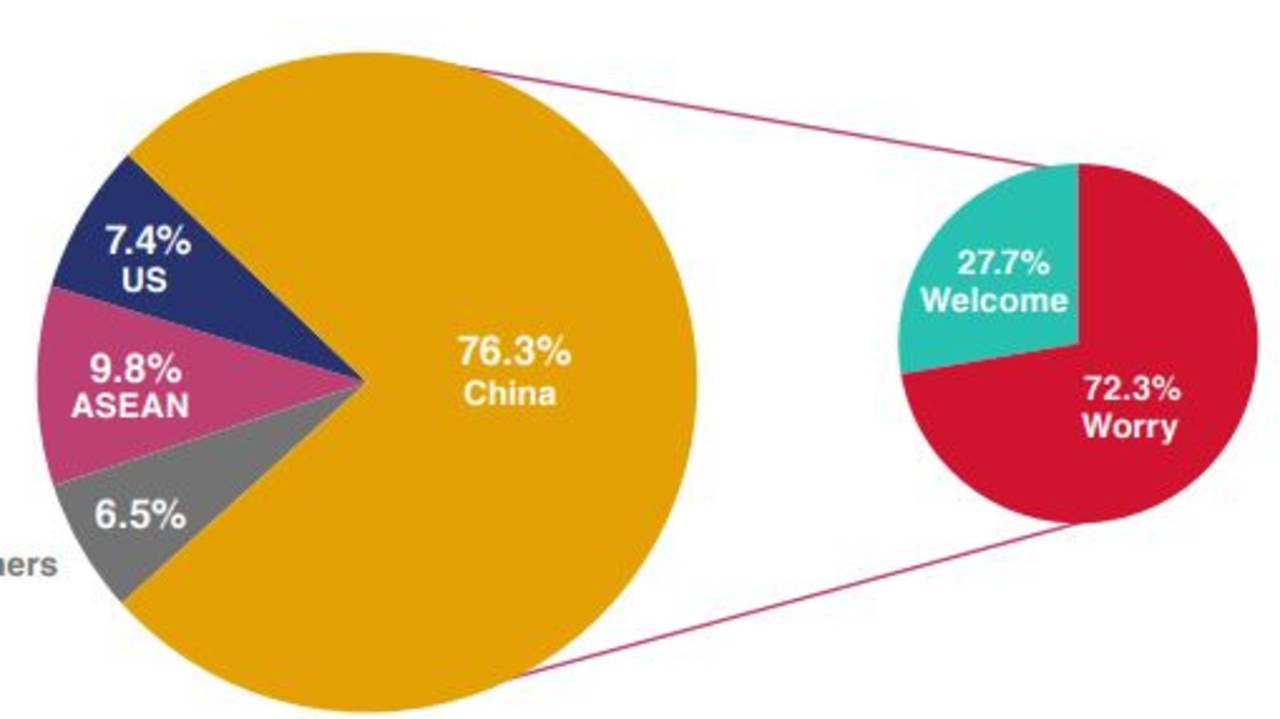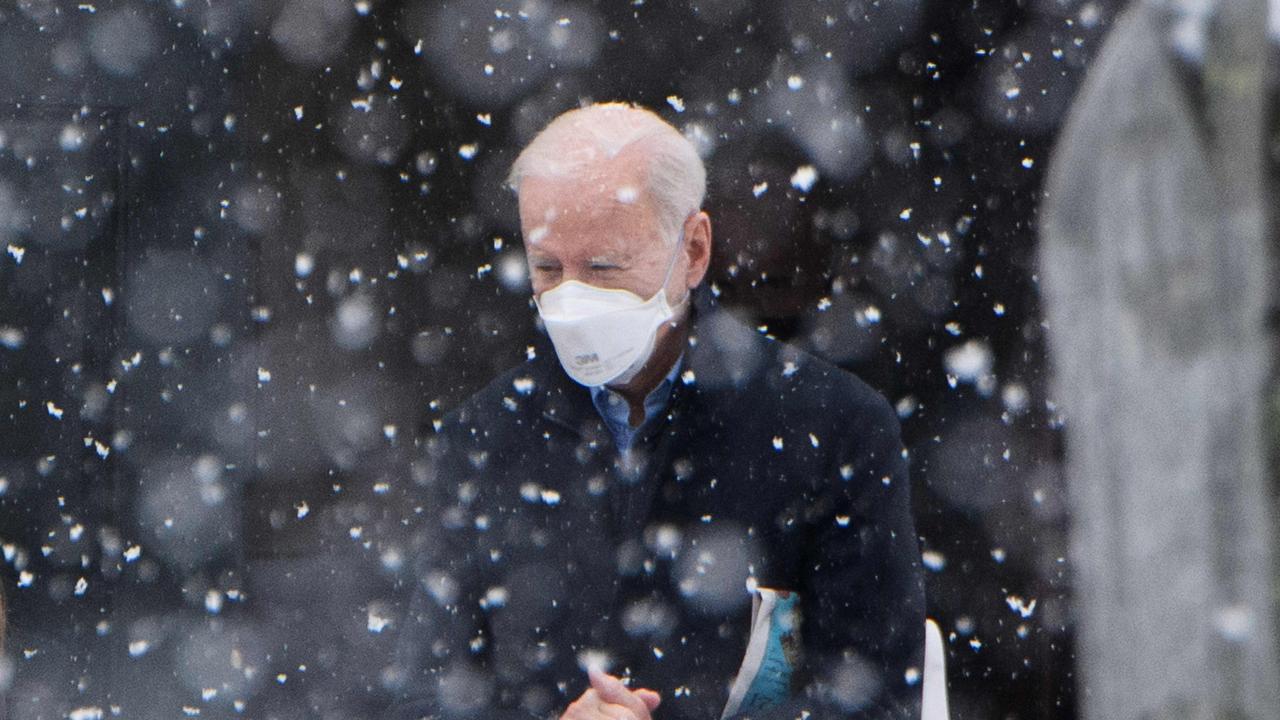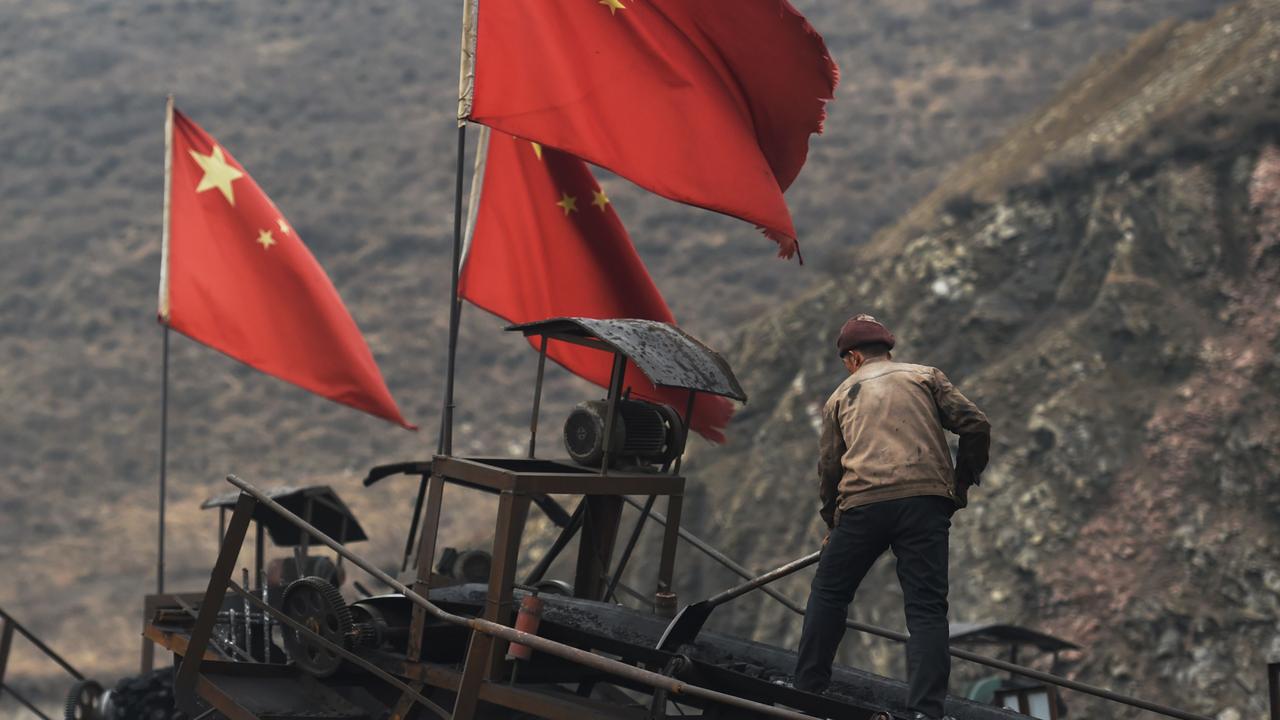China loses trust of some its closest allies after punishing Australia
China is trying to send a message to the world by punishing Australia, but an embarrassing new finding shows it is not going to plan.
China is losing the trust and respect of some of its closest allies and neighbours who are increasingly worried about the superpower following its punitive trade embargoes against Australia.
Beijing’s anti-Australia measures like blocking our coal have already backfired on a number of fronts, with coal supplies running out, residents struggling to heat their homes in the coldest winter in 50 years, and Australian exports booming as other economies like Japan and India fill the void.
Michael Shoebridge, the director of the Australian Strategic Policy Institute’s (ASPI) Defence, Strategy and National Security Program, told news.com.au the measures were “not about Australia”, rather they were about sending a message to the world — that smaller countries should not dare go against China’s interests.
He said China is even prepared to let its own people suffer to make a point.
But if China is trying to impress other nations with its tough stance, it is failing miserably according to damning new survey of its closest neighbours.

The study from the think tank ISEAS canvassed views from 1032 academics, policymakers, business people, civil society leaders, the media as well as regional and international organisations from 10 ASEAN member states — which have a combined population of 655.51 million people — and it raises significant concerns for China.
Despite Donald Trump ruffling feathers on a global scale over the past four years, more than six in 10 respondents now say they would choose the United States over China if the grouping was forced to align with either power.
This is an increase from last year’s survey, where 53.6 per cent were in favour of the US. In contrast, only 38.5 per cent chose China, down from 46.4 per cent last year.
Nations like Thailand, Indonesia, Vietnam, Malaysia, Cambodia and the Philippines said they their support for the US over China has increased.
In a slap in the face to China’s economic posturing against Australia, only military-run Myanmar, Brunei and Laos now say they prefer working with the Asian superpower.
The survey found that although China was overwhelmingly regarded as the most influential economic power in the region, the people who live there are not happy about it.

Among those who see China as the most influential economic power, 72.3 per cent are “worried about its growing regional economic influence”.
Respondents were also asked if they had confidence that China will do “the right thing” to contribute to global peace, security, prosperity and governance.
This year, 63 per cent said they either had little confidence or no confidence that China would do the “right thing”.
The simmering distrust had increased from 51.5 per cent in 2019 to 60.4 per cent last year.
Researchers directly linked the Asian superpower’s economic showboating with the decline in trust, combined with its increasing military power.
The respondents saw these factors as a potential threat to their respective country’s interest and sovereignty.
“The region’s best hope is for China to take the mantle of leadership in a manner that does not impinge on the sovereignty and strategic autonomy of its neighbouring countries,” said the researchers.
Here in Australia, the ASPI’s Mr Shoebridge said the results show that China’s economic muscle-flexing with Australia was spectacularly backfiring.

“It shows that China is losing trust on a global stage, and that trust in America has risen,” he said.
“It proves to me that other smaller nations are looking at how China has treated Australia and they do not like what they are seeing.”
The trade stand-off is having worrying repercussions for China domestically too, with an eye-watering surge in prices for coal, supply shortages and its residents struggling to heat their homes in the coldest winter in 50 years.
In a desperate bid to shore up its supplies, the government has curtailed electricity to businesses to make sure there’s enough supply for home heating – leading to a surge in orders for portable generators and extra demand for the diesel that fuels them.
Not only is the coal shortage affecting everyday citizens, it is hitting China’s industries hard as factories are forced to use poor-quality domestic coal.
Steel mills in particular were reliant on using high-grade Australian premium hard coking coal – a crucial raw material for steel making.
Now they are forced to use expensive low-quality coal that is highly polluting to nearby residents. It also damages the equipment used in the process and can lead to the production of brittle steel products.
RELATED: How China is winning race to become world’s leading superpower

In other circumstances, they have been forced to pay steep premiums for imports from farther afield – like US, Russia, Canada and Mongolia – on top of prices that have risen 84 per cent since mid-year, according to the The Wall Street Journal .
In a further slap in the face for China, its punitive measures designed to hurt Australia have had precisely the opposite effect.
Other major buyers like Japan and India have stepped in to fill the void, and Australia’s coal prices have boomed.
Another additional unofficial Chinese ban on imports of Australian-mined copper imposed in November may also come back to bite China.
The South China Morning Post reports that the superpower is facing a potential shortage with disruptions in the production and transport of copper from key producer Peru.
Mr Shoebridge said it was clear China didn’t care about the impact of the trade stand-off on its own people.
“They claim to be doing this on behalf of the Chinese people, but clearly that’s not what it’s about. Chinese people want coal for the winter to heat their homes,” Mr Shoebridge said.
“But I don’t think they are bothered by Chinese people not having energy to heat their homes because they don’t want to course on their message to the rest of the world.”




